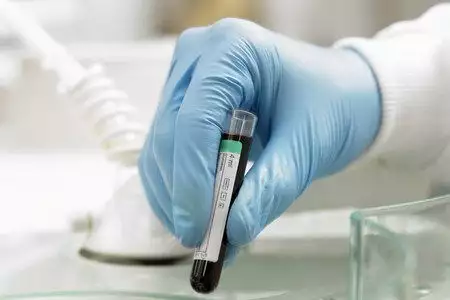Many people know what cancer is. Almost as many people wonder where it comes from.
It is hard to look for a person in today's 21st century who is not familiar with the disease that is cancer. If not from personal experience, surely each of us knows someone who is struggling or has struggled with cancer. Being the second most common cause of death, cancer is the diagnosis that is perhaps most feared by every patient.
Yes, we know a lot about cancer. But do we understand the mechanism of its formation?
Cancer is the name for a wide (more than 100 types) spectrum of diseases with a variety of symptoms and courses. However, one thing is common to all these ailments. Each of them usually starts from a single tiny cell.
The human body is made up of millions of cells, each of which has what one might call a plan for life. It is to mature, perform its function - also to multiply and eventually die. In younger people, cells divide rapidly to allow the body to grow dynamically. In adulthood, the processes of cell proliferation become less frequent and serve mainly to replace dying cells and to heal wounds.

photo: ojoimages
The onset of cancer is the point at which cells stop living according to plan. The mechanism of their programmed death, known as apotheosis, is destroyed. Instead of dying, the cells begin to grow and multiply uncontrollably, cloning more cells with impaired function. What also distinguishes cancer cells from healthy cells is their ability to grow into healthy tissues, eventually destroying them.
How does it happen that cells stop working according to the plan laid out for them?
The programme laid down for each cell is written in its DNA. Sometimes the DNA becomes damaged, which is usually repaired or is the cause of cell death. In cancer cells, the damaged DNA is not repaired, which alters the cell 's planned life programme and causes it to go out of control.









